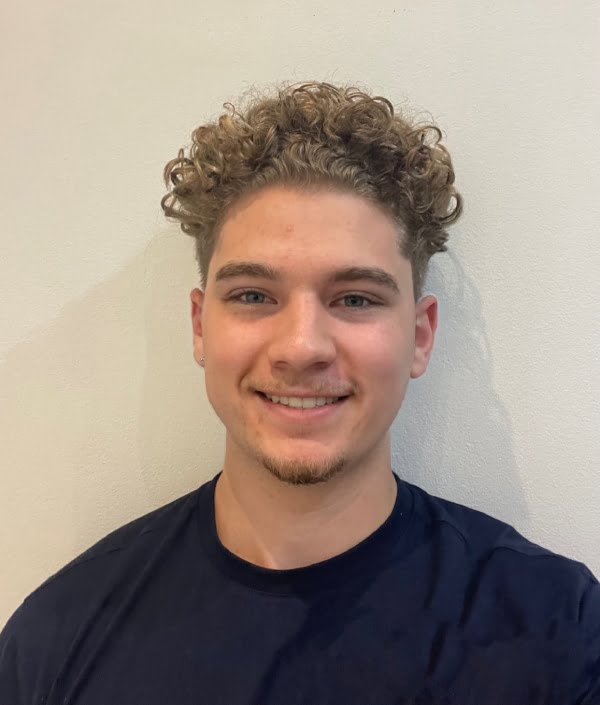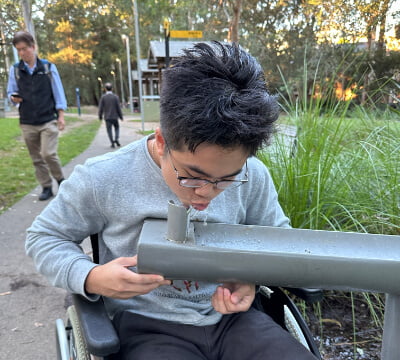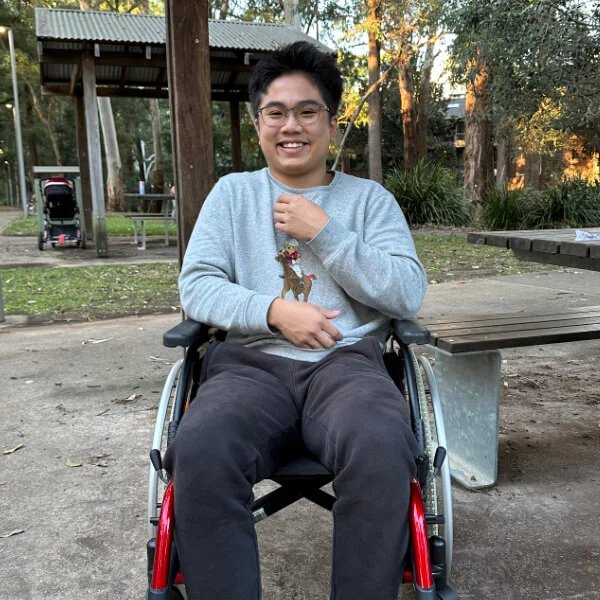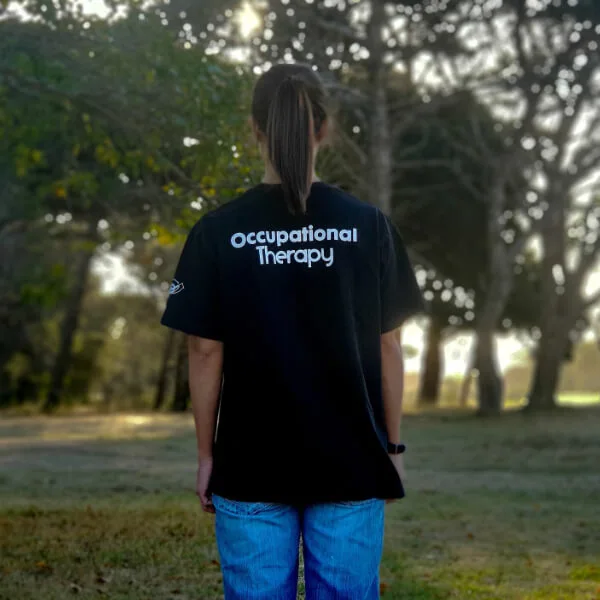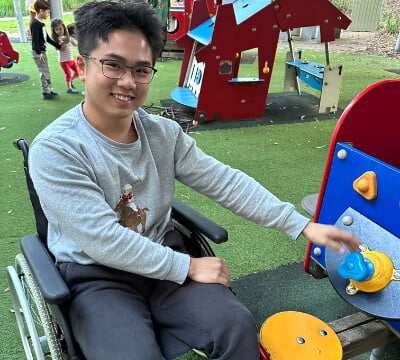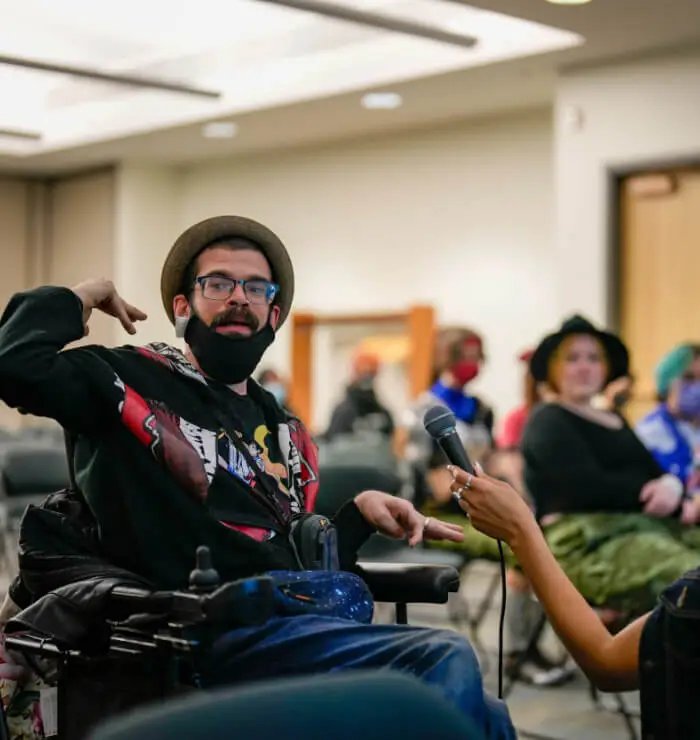Exercise is an essential component of a healthy lifestyle, but for people with disabilities, finding the right fitness plan can be a challenge. It is where Exercise Physiology comes in. In this comprehensive guide, we’ll explore what is Exercise Physiology, how it can benefit people with disabilities, and why a tailored approach to fitness is crucial for achieving optimal health and well-being.

What is Exercise Physiology?
- Exercise Physiology is a branch of health science focusing on using exercise to prevent and manage chronic diseases and disabilities.
- Exercise Physiologists are university-qualified health professionals specialising in designing and delivering safe and effective exercise programs for people with various health conditions.
- They deeply understand how the body responds to exercise and can adapt fitness plans to suit individual needs and capabilities.
The Importance of Exercise for People with Disabilities:
- Improved Physical Health: Regular exercise can help improve cardiovascular health, strengthen muscles and bones, increase flexibility, and boost immune function. For people with disabilities, these benefits can be significant in managing symptoms and preventing secondary health conditions.
- Better Mental Health: Exercise is known to positively affect mental health, reducing stress, anxiety, and depression. For people with disabilities who may face additional mental health challenges, exercise can be a powerful tool for improving mood and overall well-being.
- Increased Independence: Exercise can help people with disabilities maintain or increase their independence in daily life activities by improving their physical strength, mobility, and endurance.
- Social Interaction: Participating in exercise programs or sports can provide valuable opportunities for social interaction and community engagement, helping to reduce feelings of isolation common among people with disabilities.
How Exercise Physiology Can Help:
Assessment and Goal Setting:
Exercise Physiologists start by comprehensively assessing an individual’s health status, physical capabilities, and personal goals. It allows them to create a tailored exercise plan that is safe, effective, and aligned with the individual’s unique needs and aspirations.
Adaptive Equipment and Techniques:
Exercise Physiologists are trained in using adaptive equipment and techniques to make exercise accessible for people with a wide range of disabilities. It might include modified exercise machines, assistive devices, or specialised training techniques.
Monitoring and Progression:
Throughout the exercise program, Exercise Physiologists closely monitor progress and adjust as needed to ensure that the individual gains maximum benefit from their workouts. As strength and capacity improve, the program can be progressed to provide ongoing challenge and growth.
Education and Support:
Exercise Physiologists provide education and support to help individuals understand their health condition, the benefits of exercise, and how to maintain an active lifestyle long-term. They can also liaise with other health professionals, such as physiotherapists or occupational therapists, to ensure a coordinated approach to care.
Tailoring Fitness Plans for Specific Disabilities:
Spinal Cord Injury:
For people with spinal cord injuries, Exercise Physiologists can design programs that focus on strengthening the functioning muscle groups, improving cardiovascular health, and preventing complications such as pressure sores. Adaptive equipment like hand cycles or functional electrical stimulation (FES) bikes can make exercise possible for those with limited or no leg function.
Cerebral Palsy:
Exercise programs for people with cerebral palsy aim to improve strength, flexibility, balance, and motor control. Exercise Physiologists may use techniques like hydrotherapy (exercising in water), resistance training, or gait training to help individuals improve their functional abilities.
Multiple Sclerosis:
Fatigue and heat sensitivity are common challenges for people with multiple sclerosis. Exercise Physiologists can design programs that balance the need for physical activity with managing these symptoms. This might involve shorter, more frequent exercise sessions, exercising in cooler environments, or using adaptive equipment like recumbent bikes.
Intellectual Disability:
Exercise programs for people with intellectual disabilities must be engaging, easy to follow and provide opportunities for social interaction. Exercise Physiologists might use games, music, or group activities to make exercise fun and rewarding. They also work closely with caregivers to ensure that exercise habits can be maintained at home.
Amputations:
Exercise is important after an amputation for preventing muscle imbalances, improving balance and coordination, and maintaining cardiovascular health. Exercise Physiologists can design programs that incorporate the use of prosthetics and exercises to strengthen the muscles around the affected limb.
The Role of NDIS in Supporting Exercise Physiology:
The National Disability Insurance Scheme (NDIS) recognises the importance of exercise for people with disabilities and can provide funding for Exercise Physiology services. Under the NDIS, participants can access Exercise Physiology under the ‘Improved Health and Well-being’ or ‘Improved Daily Living’ support categories.
To access these services, NDIS participants must include Exercise Physiology in their NDIS plan. This involves discussing the need for these services with their NDIS planner or Local Area Coordinator and demonstrating how Exercise Physiology aligns with their goals and aspirations.
NDIS participants can choose to manage their Exercise Physiology funding in different ways. They can have the NDIS pay their Exercise Physiologist directly (NDIA-managed), use a Plan Manager to handle payments (Plan-managed), or pay their Exercise Physiologist themselves and claim reimbursement from the NDIS (Self-managed).
Regardless of the management method chosen, NDIS funding for Exercise Physiology can significantly improve the lives of people with disabilities, enabling them to access the tailored, expert support they need to optimise their health and well-being.
Final Thoughts:
Exercise Physiology plays a vital role in supporting the health and well-being of people with disabilities. Exercise Physiologists can help individuals overcome barriers to exercise, achieve their fitness goals, and enjoy the many benefits of an active lifestyle by providing tailored, expert guidance and support.
If you’re a person with a disability looking to improve your health and fitness, consider contacting an Accredited Exercise Physiologist. With the right support and a personalised approach, you can unlock your full potential and enjoy a healthier, more active life.
Remember, everyone’s journey is unique. What works for one person may not work for another. The key is finding an approach that suits your needs, capabilities, and goals. With patience, persistence, and the right support, you can achieve more than you ever thought possible.
Frequently Asked Questions:
How do I find an Exercise Physiologist?
You can find an Accredited Exercise Physiologist through the Exercise & Sports Science Australia (ESSA) website. Many disability service providers also have Exercise Physiologists on staff.
Can Exercise Physiology help with pain management?
Yes, Exercise Physiologists can design exercise programs that help manage chronic pain conditions. Exercise can help reduce pain perception, improve muscle strength and flexibility, and promote the release of natural pain-relieving chemicals in the body.
How often should I see an Exercise Physiologist?
The frequency of sessions will depend on your individual needs and goals. Initially, you may see an Exercise Physiologist weekly or fortnightly, but as you progress, appointments may become less frequent. Your Exercise Physiologist will work with you to determine the optimal schedule.





